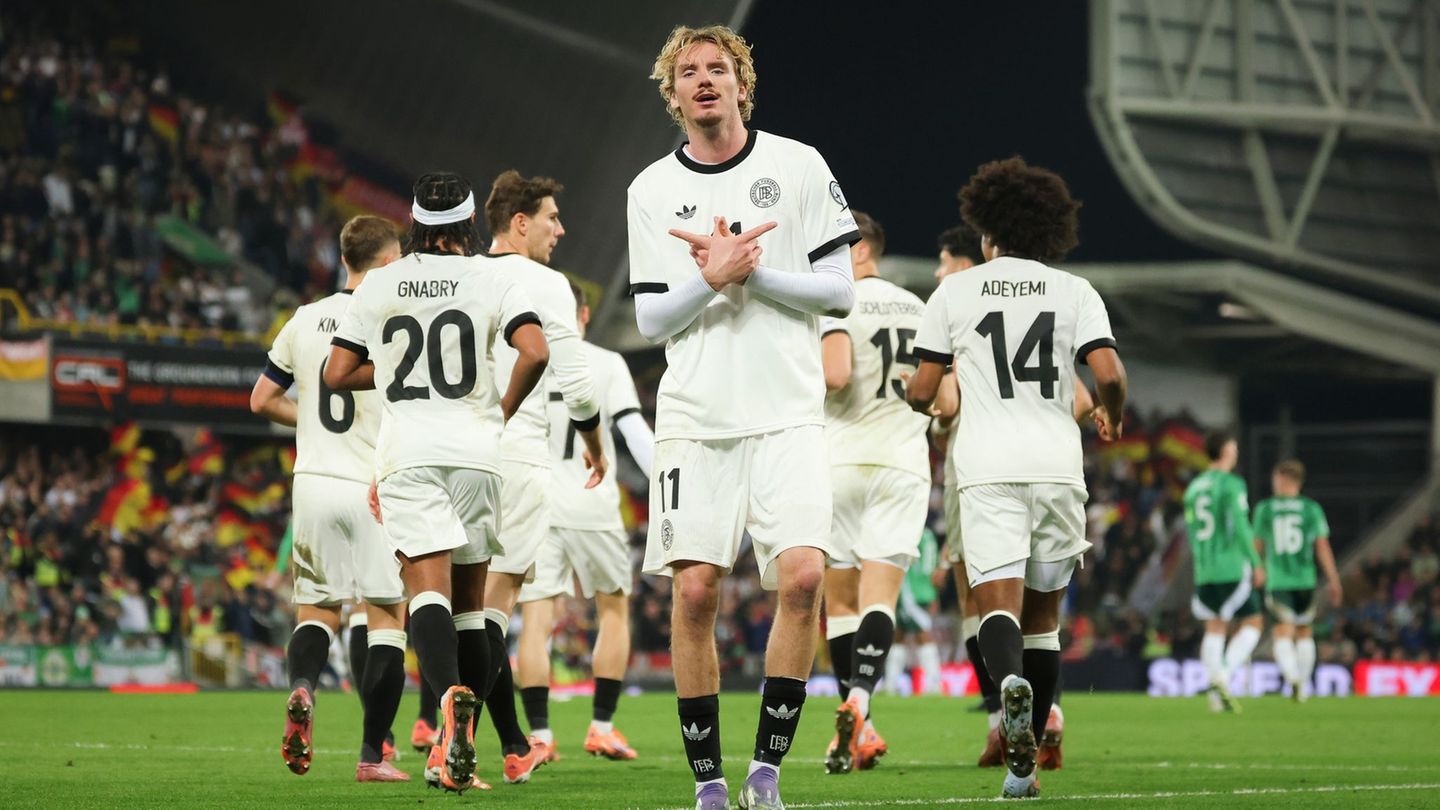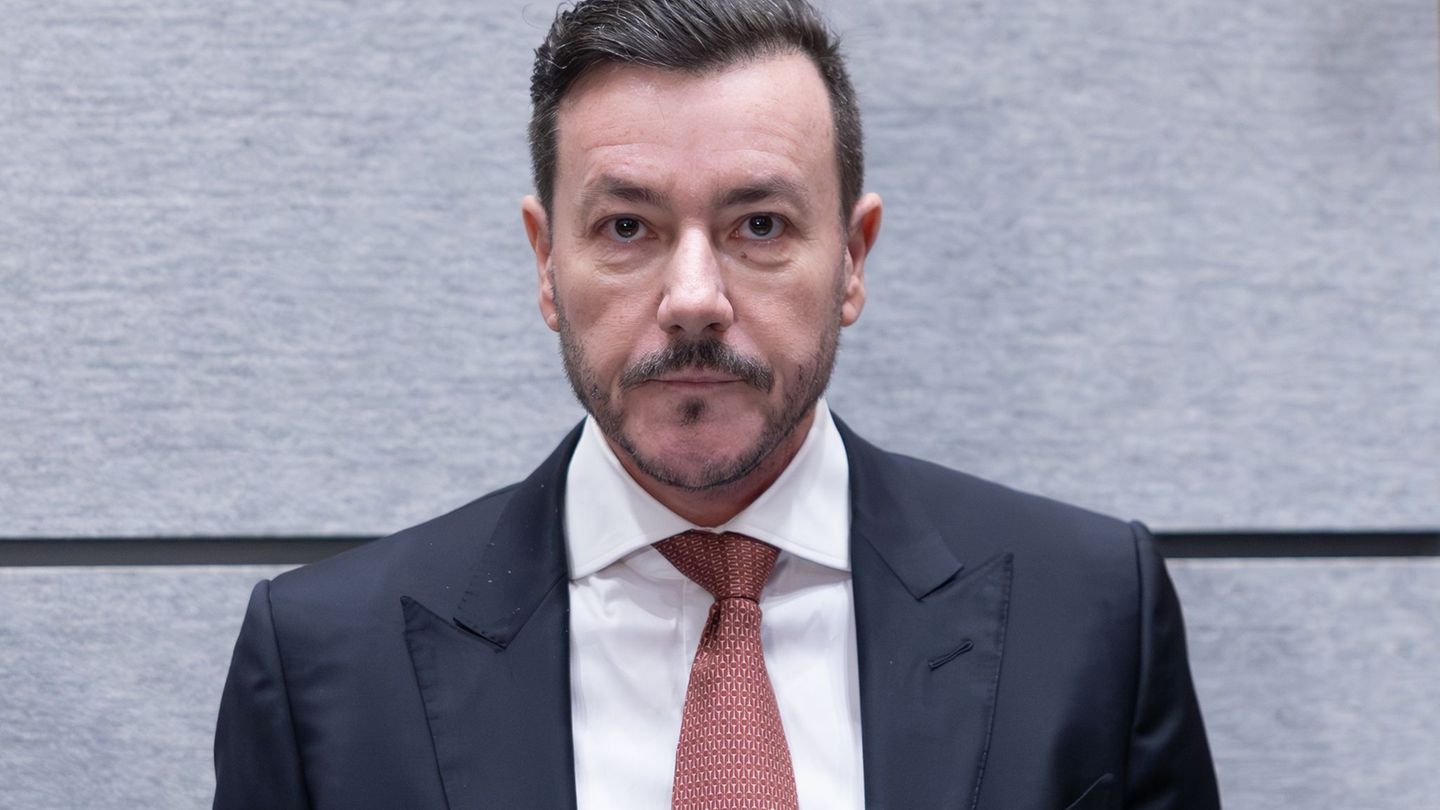The plans of González, who if she wins would be the first female president elected in Ecuador, and of Noboa, who at 35 is the youngest candidate, assume very different models, depending on the role that each one plans for the State, although Albuja relativizes that point.
“Three out of ten people in the economically active population do not have full employment, drug trafficking has taken over the country and there is a very high cost of living that scares foreigners. The economy does not have a single exit, it requires alternatives. And the models here They are not defined by ideologies or economic policy thoughts, but rather by emergencies,” the analyst judged.
To the difficult diagnosis was added, on Sunday, another piece of information that could aggravate the situation: in a consultation, the decision was imposed to abandon oil exploitation in the Yasuní Park, which, according to the government, implies losing an income of 1,200 million dollars and 107,000 jobs.
According to the Central Bank, the decision will reduce economic growth by 1.9% from now until 2026.
In addition, Ecuador ended 2022 with a deficit of between 2,200 and 2,500 million dollars, in line with what was agreed with the International Monetary Fund (IMF), which at the end of last year delivered the last 700 million of a loan of 6,500 million agreed in 2020.
Due to the quota that corresponds to the country, this year he was no longer able to obtain new credits from the organization, so he had to look for money in international financial markets.
Albuja assessed that part of the solutions could involve “unlocking the processes so that public-private partnerships can occur”, a variant that “has not occurred in the last six years due to the deinstitutionalization that was generated, due to the fear of officials to sign, due to the resistance to private investment”, despite the fact that Ecuador is clearly “a country that requires the entrepreneur to generate employment”.
For the analyst, the country has “an economy addicted to public spending with few international resources and many complications for the private sector.”
Although Albuja was critical of Lasso’s management because, especially during the pandemic, “he did not use expansive policies that help the economy”, but rather “there was a lot of restriction in public works, public investment and social investment”, now he also warned that it is necessary to “maintain an economic balance at budgetary levels and not have a deficit in the balance of payments, something that is very important in dollarization.”
“It will not be easy, due to the drop in income and the growing need in all areas,” he warned.
Regarding the plans of each candidate, Albuja pointed out that González “proposes a return to correísmo: great state intervention, with a lot of public spending and using monetary reserves to generate liquidity.”
And he assessed that “the fight for the return of (former President Rafael) Correa is going to generate problems.” “It goes against an agreement for governance,” he warned.
Regarding Noboa, he explained that “he is more of an emerging candidate, it is not that he had a very defined model,” although he proposes “a change in the way of doing politics, less confrontation, entering a more participatory model, focused on the generation of employment”.
“He says he wants to open markets, lower polarization. He is given the opportunity as someone young, because of his less confrontational proposal, but not because of his economic model,” said the consultant.
In his program, González proposes a massive credit system with low rates to reduce debt, strategies to increase employment, pour 2,500 million dollars from the international reserve of the Central Bank to public investment, create taxes on digital platforms and establish a system of transparency to “capture the unjustified increase in wealth”.
“We are not going to pay a debt to die, so that they leave us unemployed, so that they leave us without medicines,” he warned, due to the country’s agreement with the IMF.
On Noboa’s side, the program includes promoting employment in strategic sectors, especially technology, regularly updating the minimum wage, stimulating the creation of SMEs and implementing a sanction scheme for serious cases of tax evasion.
In addition, he is in favor of a zero-based budget policy, that is, a system in which entities justify their expenses each year instead of the current system, in which allocations are based on what was budgeted the previous year.
The debate on the plan to apply is tied to the result of the second round, for which, in principle, Noboa appears with some advantage, due to the chance of a tacit anti-correista alliance.
Curiously, the two forces that make up ADN, Pueblo, Igualdad y Democracia (PID) and Mover are historically linked to Correa: the first was created by Arturo Moreno, cousin of former president Lenin Moreno, and the second is the name that Alianza País took precisely when it was left in the hands of Correa’s ex-vice.
In the last week, Noboa added the support of the Social Christian Party (PSC), in decline but still with a weighty structure, which in the first round brought Jan Topic as a candidate. Topic had already anticipated that, “in a personal capacity”, he would vote for the businessman.
The DNA applicant also had a marked rapprochement with the Construye Movement, of the assassinated candidate Fernando Villavicencio, with separate communications in which they exhibited their coincidences.
Topic was fourth with 15% of the votes and Construye third with 16.4%.
“Correísmo has a voting ceiling. In the last three presidential elections it did not exceed 40%. If it insists on armoring itself in its communities of believers, it will be impossible for it to add more wills,” the analyst and communication expert evaluated in an analysis of the results. Andres Jaramillo.
For Jaramillo, “if correísmo does not lower its tone and campaign more optimistically, the young people will turn their backs on it,” because “one of the great lessons of the first round of elections was that there is an important segment of voters who are fed up with strife, polarization and bellicose rhetoric”.
“RC cannot repeat the formulas that were applied in the first electoral round and, at the same time, must try, with humility, to build bridges to bring together more forces, large and small, that allow them to grow. For example, with part of the movement indigenous people who believe in their project, with the municipal and provincial associations and with the trade associations that were created in their government,” the analyst concluded.
Source: Ambito




